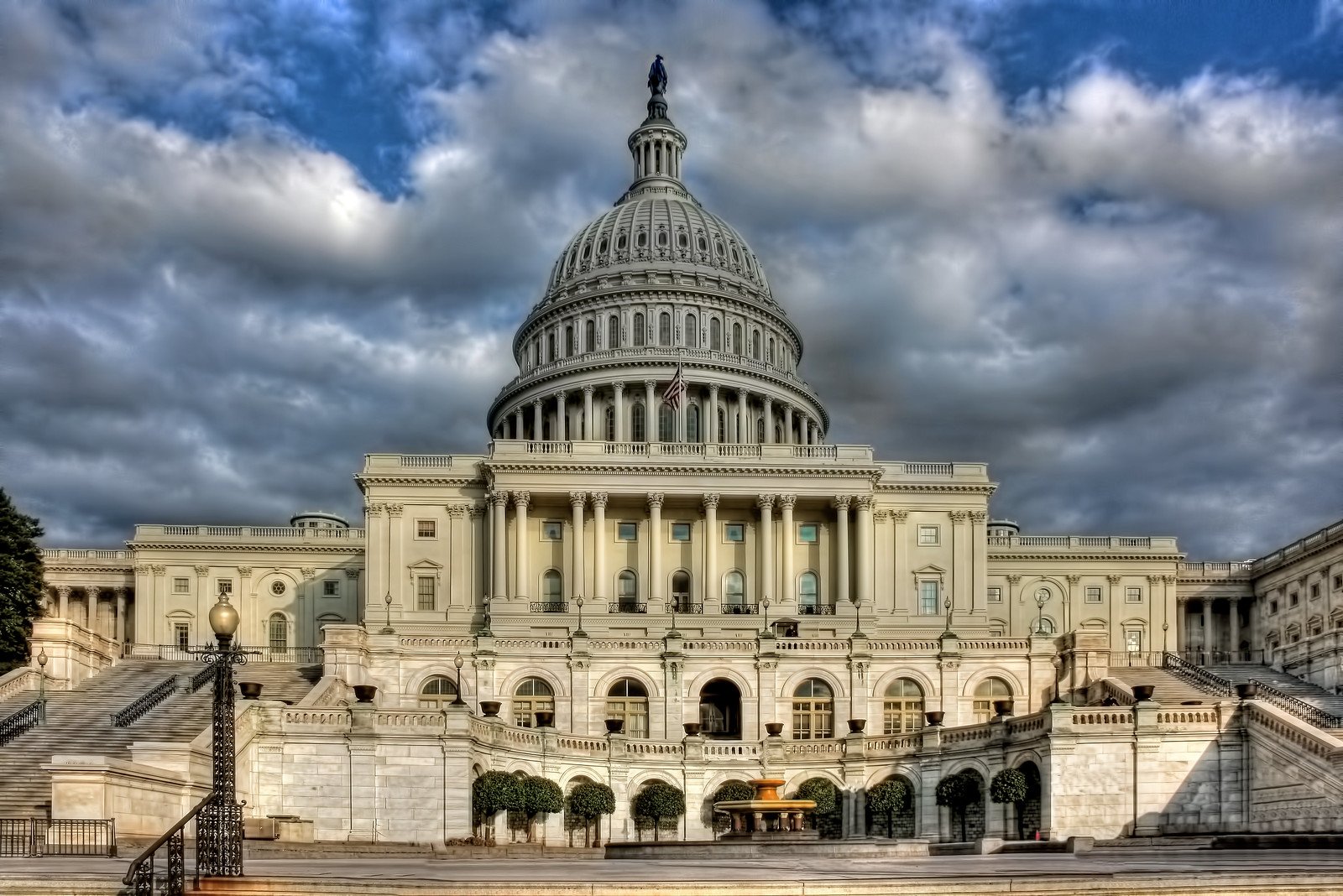
Key Takeaways
- The U.S. House passed the FIT21 bill with a 279-136 vote.
- The bill aims to regulate digital asset markets and establish the CFTC as a primary regulator.
- The bill now moves to the Senate, where its prospects remain uncertain.
The U.S. House of Representatives has approved the Financial Innovation and Technology for the 21st Century Act (FIT21) with a 279-136 vote, achieving a significant milestone for digital asset regulation.
The bill, which saw considerable support from House Democrats, now moves to the Senate, where its prospects are uncertain.
FIT21 aims to establish comprehensive regulations for the U.S. digital assets market, positioning the Commodity Futures Trading Commission (CFTC) as the primary regulator for non-securities spot markets as opposed to the SEC.
Biden opposes
Despite President Joe Biden’s opposition and the lack of a Senate counterpart bill, the House’s passage represents the industry’s most substantial legislative victory to date.
Rep. Josh Gottheimer (D-N.J.), a prominent supporter, highlighted the bill’s bipartisan nature and its potential to provide
Rules of the road for the industry.
Gensler & Waters
However, SEC Chair Gary Gensler and Rep. Maxine Waters (D-Calif.) criticized the bill, arguing it undermines existing securities regulations and could legitimize unlawful activities by Bitcoin businesses.
The House also considered several amendments before the vote. While an amendment to adjust a crowdfunding exemption was rejected, other proposed changes were adopted, reflecting ongoing legislative adjustments to the bill.
The bill’s future now hinges on Senate deliberation, where the lack of a corresponding bill and clear support poses a challenge for its advancement.




